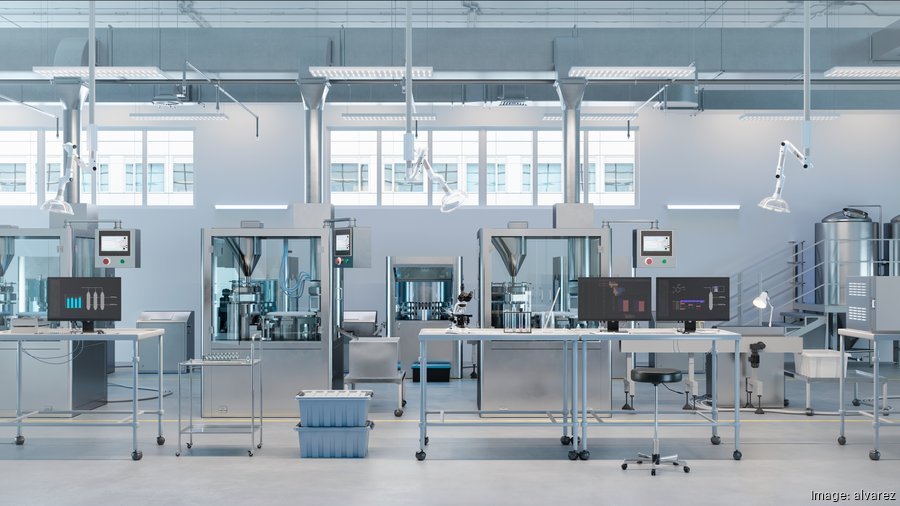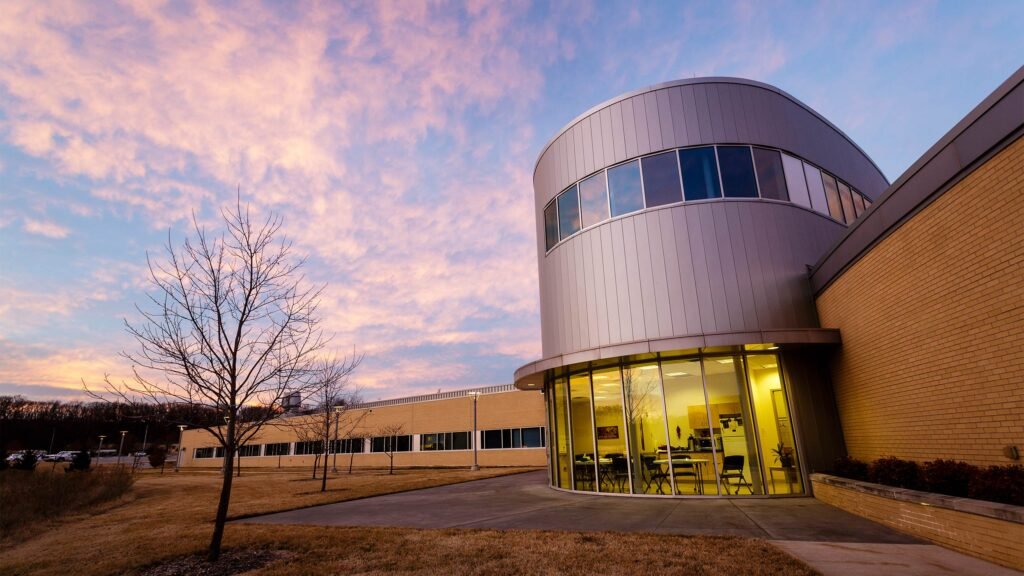The United States remains a global leader in innovation and business. With business hubs like Silicon Valley and New York City, the country has become a launchpad for millions of aspiring founders. According to the U.S. Census Bureau, there were 457,544 business applications in December 2024 alone. And this surge in interest shows no signs of slowing down.
As ZenBusiness reports, 93% of Gen Zers have taken a step toward exploring owning their own business. This marks a powerful shift toward increased entrepreneurship that could define the next few decades.
Yet ambition alone isn’t enough. “Founders launching businesses in competitive fields or with high-growth potential often face significant hurdles on the path to success.” That’s where organizations like the Missouri Innovation Center (MIC) step in.
Missouri Innovation Center: Incubating Tomorrow’s Leaders
Located in Columbia, Missouri, the Missouri Innovation Center is “a state-of-the-art business incubation provider.” Founded in 1984, it has steadily built a reputation for excellence through “partnerships with the University of Missouri and the Missouri Technology Corporation, as well as a business incubator facility.”
The MIC stands out by embracing a dual identity: “venerable yet forward-thinking.” It has become “a beacon for aspiring entrepreneurs, especially in difficult sectors of the entrepreneurial economy.”
And location matters. “The incubator’s location makes it the lone life sciences business incubator in Mid-Missouri.” This positioning helps MIC act as “a vital catalyst in the Midwest’s innovation ecosystem,” while also playing “a uniquely efficient contributor to the region’s economic development.”

Specialized Support for High-Growth, High-Impact Startups
Not all startups are created equal, and MIC recognizes this. While their space supports all entrepreneurial ventures, the center places specific emphasis on “high-growth startups in the life sciences sector including human and animal health, biotech, nanotech, agtech, etc.”
But high growth isn’t the only criterion. According to MIC’s leadership:
“MIC focuses on supporting industries that have the potential for high growth as well as societal impact.”
Sectors like biotech and health sciences demand unique resources — labs, scientific equipment, market research, and access to risk capital — that are often “either difficult to access or are cost prohibitive.” That’s where MIC provides a critical advantage.
Proof of Concept: MIC’s Graduating Class
The success of MIC is best reflected in its alumni. “The success stories of the MIC ‘graduates’ are an ongoing testament to the success of the Missouri Innovation Center’s proven approach to business incubation.”
Two standout examples include:
- Endevica Bio, which is “developing first-in-class peptide therapeutics.”
- Elemental Enzymes, which is “creating sustainable agricultural solutions.”
These ventures highlight how MIC’s tailored support can “help innovative ventures scale effectively.”
What Sets MIC Apart for Entrepreneurs?
Reputation alone doesn’t drive entrepreneurs to MIC. It’s the “real-world support and invested partnerships” that make the difference.
One of MIC’s top features is its “purpose-built innovation spaces.” The incubator includes “shared conference rooms for basic business activities” along with “wet labs and cutting-edge equipment commonly used in the life sciences and biotech sectors.”
This infrastructure allows startups to cut overhead costs and avoid major equipment investments. On top of that, MIC clients gain access to “a well-established financial infrastructure,” including:
- Government grants
- State funding programs
- Angel investors
And support doesn’t stop at funding and lab space. MIC also provides “a mentorship program and entrepreneur-in-residence program staffed by seasoned professionals.” These experts “help guide early-stage startup leaders as they navigate things like business planning, funding strategies, product development, and even market strategy.”
MIC’s Holistic Approach to Startup Growth
Missouri Innovation Center takes a full-spectrum approach to business incubation. “Over the decades, MIC’s holistic business model has had a profound impact not just on its clients but on its regional economy and the larger life-sciences and biotechnology world.”
Through its focused model, MIC has “created a new standard for how an incubator should operate,” transforming itself into a “partner for the startup teams it works with.” That strategy has produced a ripple effect — one that continues “to reverberate across some of the most critical areas of the 21st-century business landscape.”
Would you like this article formatted for web publishing with meta descriptions and SEO tags?
The Recent-Grad Gap: Why Young, Educated Workers Are Struggling in Today’s Economy



